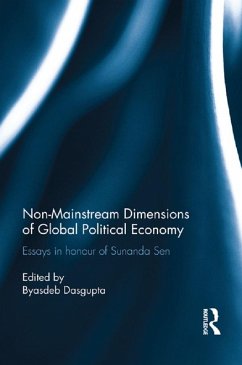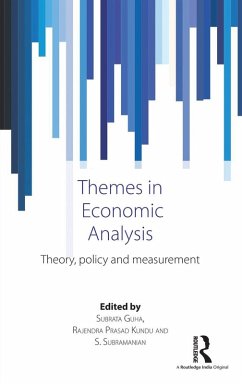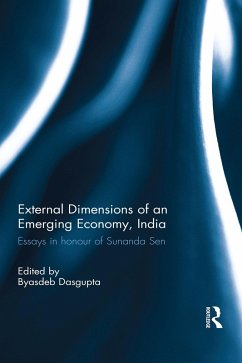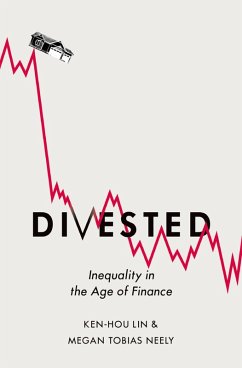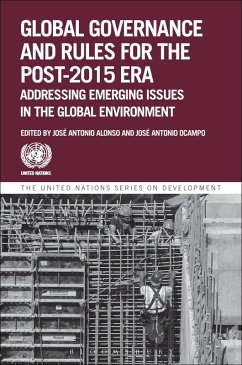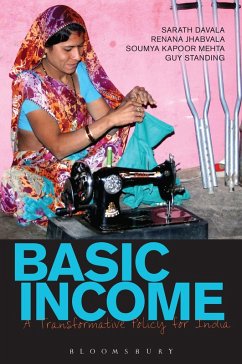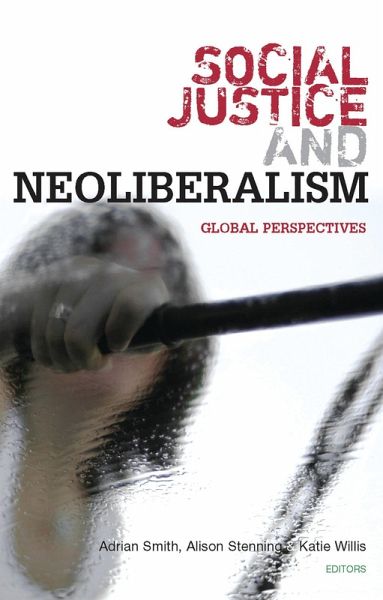
Social Justice and Neoliberalism (eBook, ePUB)
Global Perspectives
Redaktion: Smith, Adrian; Willis, Katie; Stenning, Alison
Versandkostenfrei!
Sofort per Download lieferbar
25,95 €
inkl. MwSt.
Weitere Ausgaben:

PAYBACK Punkte
13 °P sammeln!
The continuing expansion of neoliberalism into ever more spaces and spheres of life has profound implications for social justice. Despite the number of policies designed to target 'social exclusion', people in many communities continue to be marginalized by economic restructuring. Social Justice and Neoliberalism explores the connections between neoliberalism, social justice and exclusion. The authors raise critical questions about the extent to which neoliberal programmes are able to deliver social justice in different locations around the world. The book offers grounded, theoretically orient...
The continuing expansion of neoliberalism into ever more spaces and spheres of life has profound implications for social justice. Despite the number of policies designed to target 'social exclusion', people in many communities continue to be marginalized by economic restructuring. Social Justice and Neoliberalism explores the connections between neoliberalism, social justice and exclusion. The authors raise critical questions about the extent to which neoliberal programmes are able to deliver social justice in different locations around the world. The book offers grounded, theoretically oriented, empirically rich analysis that critiques neoliberalism while understanding its material impacts. It also stresses the need to extend analyses beyond the dominant spheres of capitalism to look at the ways in which communities resist and remake the economic and social order, through contestation and protest but also in their everyday lives. Global in scope, this book brings together writers who examine these themes in the global South, the former 'communist' East and the West, using the experience of marginal peoples, places and communities to challenge our conceptions of capitalism and its geographies.





